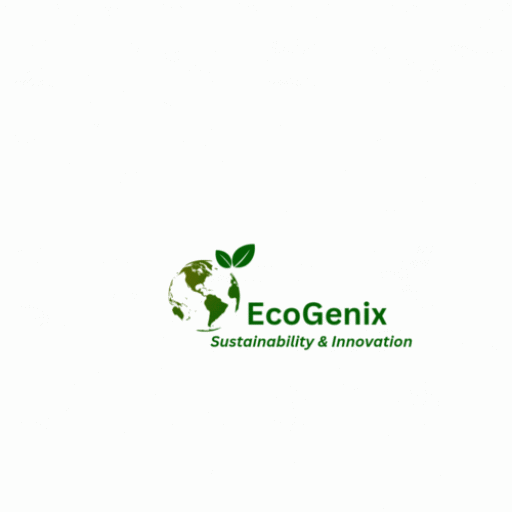Our health is deeply intertwined with the health of the environment, yet this connection is often overlooked in conversations about sustainability. From the air we breathe to the food we eat, sustainable practices play a critical role in shaping public health outcomes on both local and global scales. When communities adopt cleaner energy, reduce waste, or promote sustainable agriculture, they aren’t just protecting the planet—they’re also reducing disease risks, improving nutrition, and enhancing overall quality of life. In this post, we’ll explore the vital relationship between public health and sustainability, uncovering how everyday choices and forward-thinking policies can create healthier people and a healthier planet.
“A healthy planet is the foundation of healthy people—sustainability is not just about the earth, it’s about us.”
Consider the impact of air quality as just one example of how sustainability directly shapes public health. Communities that prioritize clean energy over fossil fuels not only reduce carbon emissions but also lower rates of asthma, cardiovascular disease, and other respiratory illnesses. Similarly, sustainable agricultural practices—like reducing pesticide use and supporting local food systems—can lead to healthier diets and fewer long-term health complications. Even access to green spaces has been shown to reduce stress levels, improve mental well-being, and encourage physical activity. Experts increasingly agree that investing in sustainable practices is also an investment in human health, with benefits that ripple across generations.


Yet, some may argue that prioritizing sustainability comes at the expense of economic growth or convenience—a concern that often slows progress. For instance, transitioning to renewable energy or adopting organic farming methods can require upfront investments that not every community is prepared to make. Others question whether individual choices, like reducing single-use plastics or shifting to plant-forward diets, can really make a measurable difference on a global scale. These perspectives highlight an important reality: while sustainable practices offer undeniable health benefits, their success depends on systemic support, accessibility, and widespread participation. Recognizing these challenges allows us to explore solutions that balance practicality with progress, ensuring that both people and the planet thrive together.
Key Insights
The link between sustainability and public health is clear: when we protect the environment, we also protect ourselves. Cleaner air, safer food, and greener communities translate directly into healthier lives and stronger futures. The key takeaway is that sustainable practices are not abstract ideals—they are practical steps that safeguard well-being today while ensuring resilience for tomorrow. As readers, we each have the power to contribute, whether by supporting renewable energy, choosing local produce, or advocating for policies that put health and sustainability hand in hand. By embracing this connection, we take meaningful steps toward a world where thriving people and a thriving planet are one and the same.

